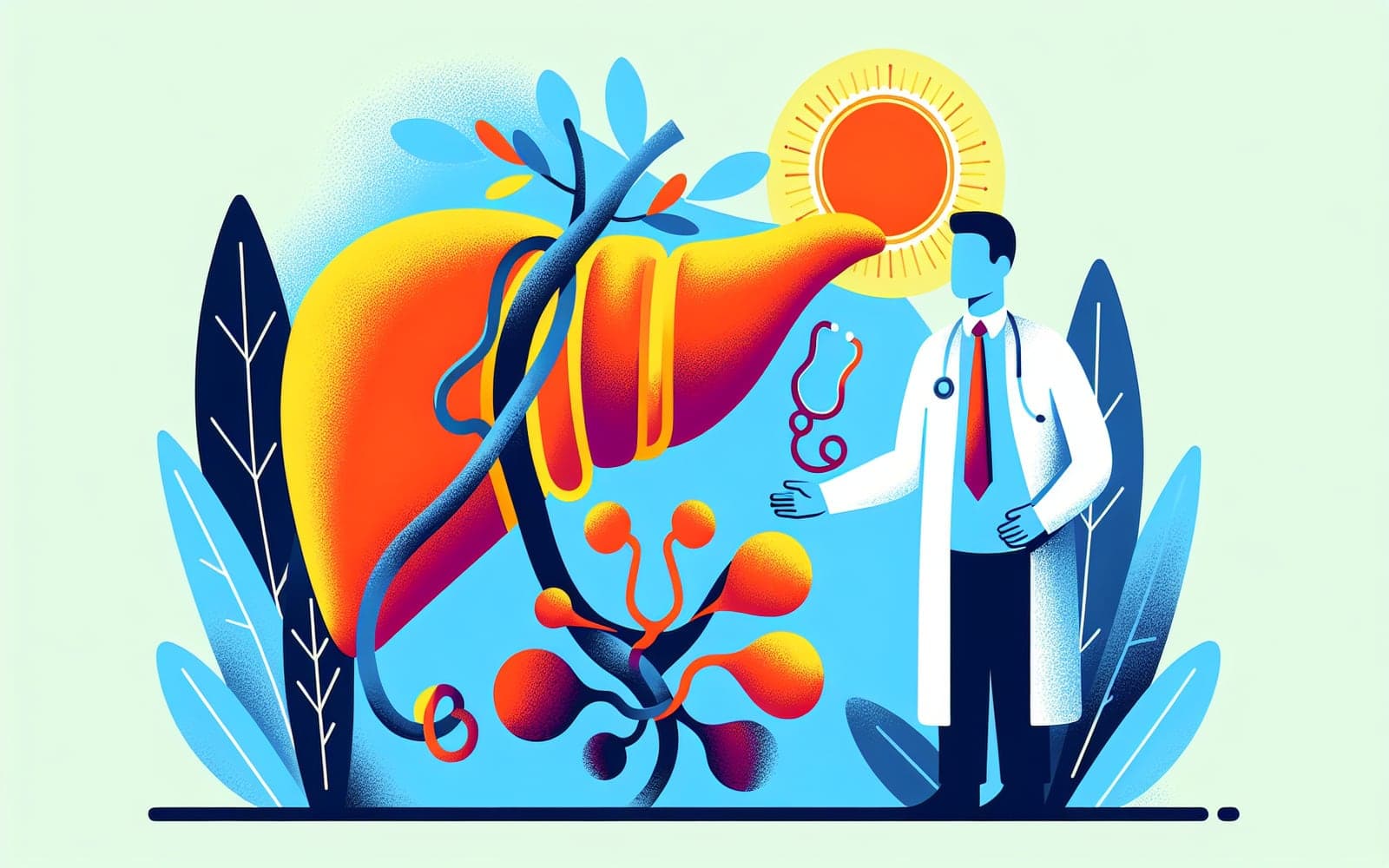Who's at Risk? Unveiling the Factors Behind Acalculous Cholecystitis
Published: Mar 13, 2024
Acalculous cholecystitis doesn't strike at random. Certain factors significantly increase your risk of developing this serious gallbladder condition. Let's explore who's most vulnerable and why.
Contents
The Critically Ill: Prime Targets
The highest risk group for acalculous cholecystitis is critically ill patients in intensive care units. Factors like being on mechanical ventilation, having suffered major trauma or burns, or undergoing major surgery all increase risk. These conditions can reduce blood flow to the gallbladder, setting the stage for inflammation.
Medical Conditions That Raise the Stakes
Certain underlying health conditions make you more susceptible to acalculous cholecystitis. These include diabetes, atherosclerosis (hardening of the arteries), and autoimmune diseases. HIV/AIDS patients are also at higher risk, possibly due to opportunistic infections affecting the gallbladder.

Medications and Treatments
Some medical treatments inadvertently increase the risk of acalculous cholecystitis. Total parenteral nutrition (being fed intravenously) is a significant risk factor, as it can cause bile to become stagnant in the gallbladder. Certain medications, particularly some used in chemotherapy, can also increase risk.
Frequently Asked Questions
There's no strong evidence of a genetic link.
Yes, but it's rare and usually associated with serious illness.
Men are more commonly affected, unlike with gallstone cholecystitis.
Pregnancy is more associated with gallstone cholecystitis than acalculous.
Key Takeaways
Understanding your risk factors for acalculous cholecystitis can help you and your healthcare providers stay vigilant and catch potential problems early.
Concerned about your risk for gallbladder issues? Discuss your personal risk factors with Doctronic today.Related Articles
References
Barie PS, Eachempati SR. Acute acalculous cholecystitis. Gastroenterol Clin North Am 2010; 39:343.
McChesney JA, Northup PG, Bickston SJ. Acute acalculous cholecystitis associated with systemic sepsis and visceral arterial hypoperfusion: a case series and review of pathophysiology. Dig Dis Sci 2003; 48:1960.
Always discuss health information with your healthcare provider.

